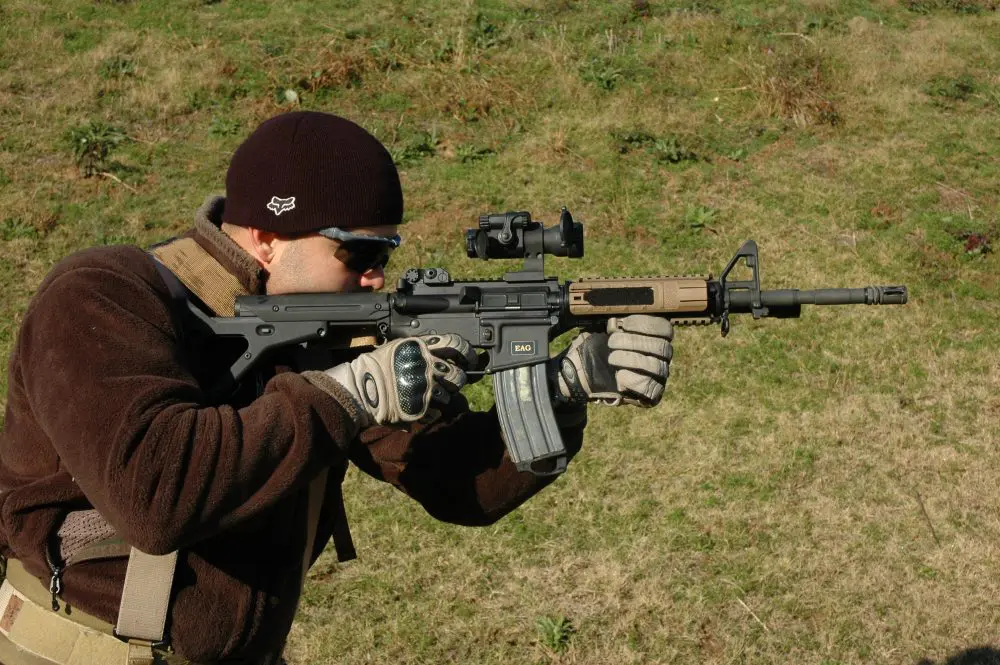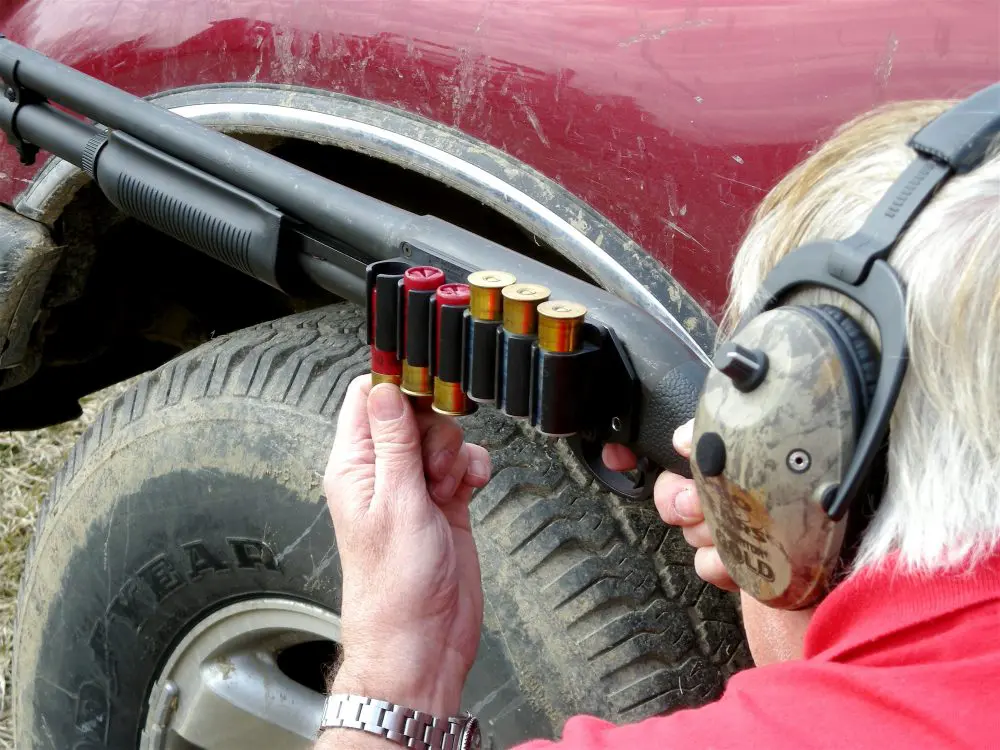Are there “master” gunfighters?
The simple answer is no. The explanation is a bit more complicated. There is no such thing as a master gunfighter that I know of. Not a single one of the hundreds of individuals I have known who have been in actual shootings would lay claim to such a title. Not a single one. There is good reason for this.
Many claim to be masters of sorts. There are self-proclaimed four-gun masters or pistol masters, rifle masters, shotgun masters, or the ubiquitous combat masters. There are even distinguished masters who I suppose are even more masterful than a master, if such a thing is even possible. (In the near future, someone will lay claim to the title Transcendent Distinguished Omnipotent Master of Masters.)
The amusing thing is that many of these so-called masters have never been in an actual field encounter, let alone a series of verifiable encounters.
Employed as an adjective, the word master might denote one who is supremely skilled and perhaps devoid of fault. As a noun, the individual in question might be thought of as the penultimate in their respective field.
I know many individuals who have been in a number of shootings and none of them would call themselves a master. Professional and proficient, yes, but master, no. The old adage of not believing your own press goes a long way here. I have never heard a professional golfer state that he had mastered the game of golf. Nor have I ever heard a professional surfer, football player, or the like state anything along this line.
When any endeavor incorporates a number of unpredictable variables into the mix, there is always the chance of things going terribly south when, by all accounts, they shouldn’t. Such is the world of gunfighting. I can take anyone out there at any time under any circumstances. By the same token, everyone out there can take me at any time under any circumstances. Things go right for me and wrong for you, or things go right for you and wrong for me. I make no mistakes and you make just one, or I make one mistake and you make none. It is the nature of gunfighting.
All of us are fallible. All of us make mistakes. Setting a course of fire where the sun is out, birds are singing, and everything goes along swimmingly is one thing. A shattered hand and shoulder with blood or glass fragments in the eyes in a dark, muddy alley is quite another.
Shootings entail variables that are often out of our control. If we ponder all the permutations of a gunfight that have transpired in past shootings, our heads will be swimming. I know of officers who have been pinned into locations or struck in the arms, hands, torso, legs, face, and feet. Any one of these can set you behind the power curve at the outset of an encounter. There have also been equipment failures that follow right along the line of Murphy’s Law, when you least expect them.
There is another intangible aspect that no one I know of has really addressed. Having taught and been around so many who have been in documented gunfights has brought to light one unassailable fact. Sometimes, those you least expect to pull through do just that. These are middle-of-the-pack shooters who never really stood out within a training format, yet accomplished great feats when the chips were down. You don’t need to be a great shooter to be a great fighter.
What you can accomplish on a pre-set course of fire practiced again and again until you get it just right is distinctly different than what can be accomplished when a fight is unexpected, fast, not rehearsed, real, and deadly. What you can accomplish under rules and regulations with pre-set distances and clearly delineated targets is not close to the reality of unknown threats, low light, unusual target aspects, fast movers, and the imposition of real deadly force laws and force continuums.
I have come across opposing police experts in court who have freely thrown the title of master this-and-that in respect to their supposed expertise. They are very easy to discredit on the witness stand by showing the jury that their claims are all smoke and mirrors. Such charlatans are a pure delight to destroy. Plenty of websites shamelessly proclaim their master status as well. As David Hannum (not P.T. Barnum) stated, “There’s a sucker born every minute.”
On a personal level, I am fully aware that having been successful in the past does not automatically denote that I will be successful in the future. This could be easily proven if I were to shoot every course of fire through the training day with the students. Sooner or later a glitch would emerge, I might miss or fumble an evolution, or miscalculate an event. This is due to the fact that I am human and subject to mistakes, as are we all.
And this is precisely why I do not call myself a master.
Scott Reitz is a 30-year veteran of the Los Angeles Police Department and director of the highly acclaimed International Tactical Training Seminars. Course information and schedules are available at their website at www.internationaltactical.com. Looking Back, a free monthly newsletter, is available by email at [email protected].


